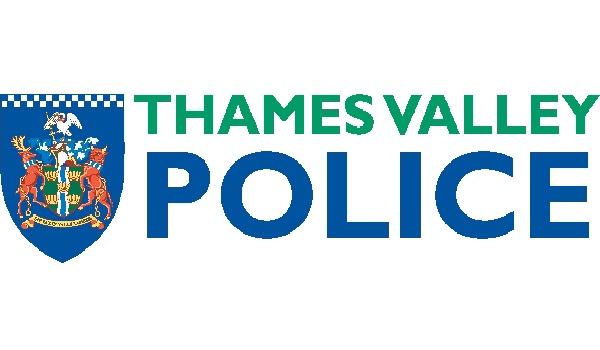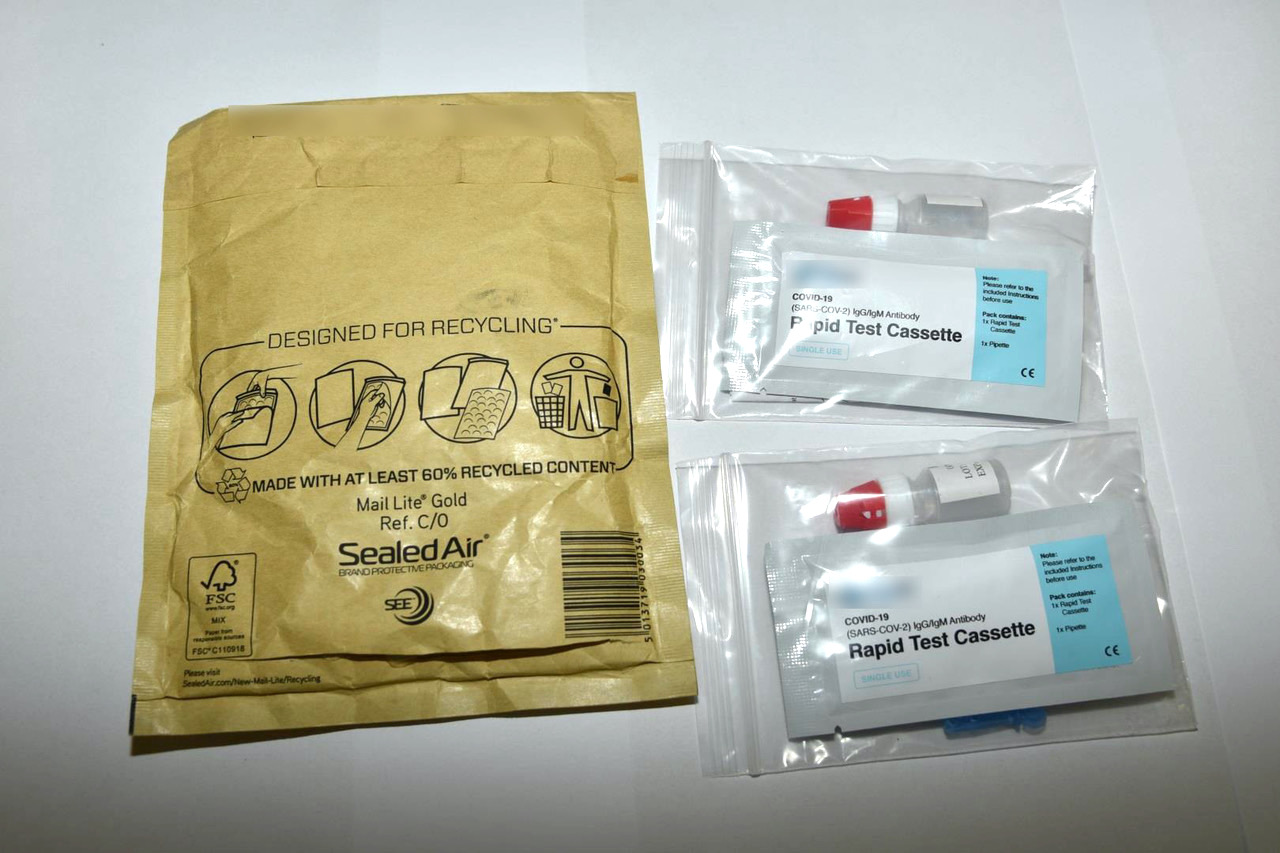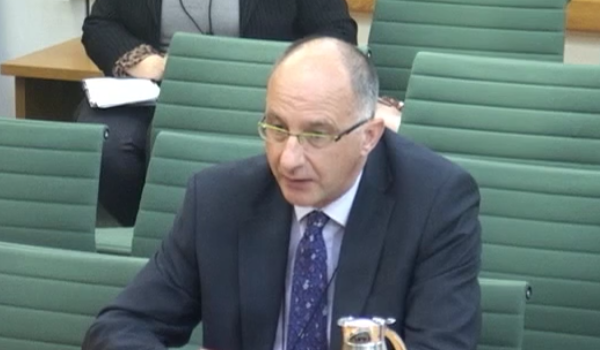Review highlights ‘fractures’ in referral system for child victims of trafficking
The Independent Anti-Slavery Commissioner is “deeply concerned” that the current referral system for child victims of trafficking is not working.
Dame Sara Thornton said a “dramatic rise in children identified as victims of modern slavery” has highlighted “fractures” in the existing National Referral Mechanism (NRM) system.
In partnership with the children’s rights organisation ECPAT UK (Every Child Protected Against Trafficking), Dame Sara has launched a review examining what works in existing multi-agency decision-making frameworks and the implications for child victims of trafficking (https://www.antislaverycommissioner.co.uk/media/1451/iasc-and-ecpat-rapid-evidence-assessment-august-2020.pdf).
It also provides “practical insights” to help inform future thinking on potential pilots for a devolved NRM decision-making model.
Referrals into the NRM are increasing every year, with 4,550 children referred in 2019, representing more than 43 per cent of all referrals.
The review says while this may be an indicator of heightened awareness among professionals, the increase in referrals has highlighted “fractures” within the current system, including:
- Concerns about the quality of the NRM decisions;
- The timeliness of decisions and the impact of this delay on safeguarding actions;
- A disconnect between the NRM and local safeguarding processes; and
- Continued examples of agencies working in silo and gaps in knowledge among professionals about the NRM and what it means for children.
“I am deeply concerned that the current system is not working and that we are not providing the wrap-around care that young people desperately need,” said Dame Sara, who took up her post in May last year.
“We need to look at this urgently to ensure we are supporting these children to a safer future, and preventing further harm and re-exploitation.”
She added: “This timely review provides practical insights to influence potential pilots on devolved NRM decision-making for child trafficking victims. We have seen a dramatic rise of children identified as victims of modern slavery and trafficking over recent years, with 4,550 child potential victims referred into the NRM in 2019.”
Since the NRM framework was introduced in 2009 ‘to identify and refer potential victims of modern slavery’, there have been multiple attempts to pilot and propose alternative decision-making models for both children and adults.
The review identifies existing models currently used in multi-agency decision-making frameworks for safeguarding adults and children.
Its recommendations for the Government and for local safeguarding partners, in line with potential plans to pilot devolved NRM decision-making, call for:
- A devolved NRM decision-making model that is intrinsically linked to local safeguarding structures;
- Sufficient funding for local safeguarding partnerships to meet the demands of contextual safeguarding interventions for children and young people who have been trafficked and exploited within their overall safeguarding duties, as well as funding for any additional resource required to make NRM decisions locally; and
- All decisions to be made to attain the best interests of the child, also facilitating the voice of the child by ensuring that the wishes and feelings of children are understood and are taken into account.
Dame Sara said: “This was a welcome opportunity to work with ECPAT UK, a leading charity in the field working to protect children from trafficking, abuse and exploitation, and placing child-centred decision-making at the heart of policy-making.
“This was a true collaboration from the outset and I look forward to progressing this work with all partners in local and national government to improve the system of support for child victims of modern slavery and exploitation.”
Patricia Durr, chief executive officer of ECPAT UK, said it had “consistently raised concerns” about how the NRM works for child victims of trafficking.
“Our biggest concern is to ensure an integrated approach to children’s rights and needs for protection so that children who have been trafficked are provided with specialist care to help them overcome the trauma of exploitation and prevent re-trafficking and other forms of abuse,” she said.
“We are so pleased that the Commissioner is committed to this goal too and to have had the opportunity to work collaboratively on this review.”
Ms Durr added: “Children’s best interests must be at the heart of any decision-making and without an approach that is truly joined up with local child safeguarding structures and processes, it is hard to see how this can be achieved.
“Working together we can all do better to improve decision-making, increase understanding and improve practice so that we keep our focus on supporting and protecting children and young people – which is our collective goal, after all.”
Victims’ Commissioner Dame Vera Baird said the review should “pave the way for better protection and support” for young victims.
She said the report was “just one example of the excellent leadership of Dame Sara”.
“The NRM is imperfect as even though a child may have been identified as a victim, they can still slip through the cracks as a result of insufficient links to local safeguarding; and gaps in knowledge between trafficking experts and children services,” said Dame Vera
“I applaud Dame Sara’s determination to solve this problem, and her review represents a key step, which should pave the way for better protection and support for these young people who are some of our most vulnerable victims of crime.”







